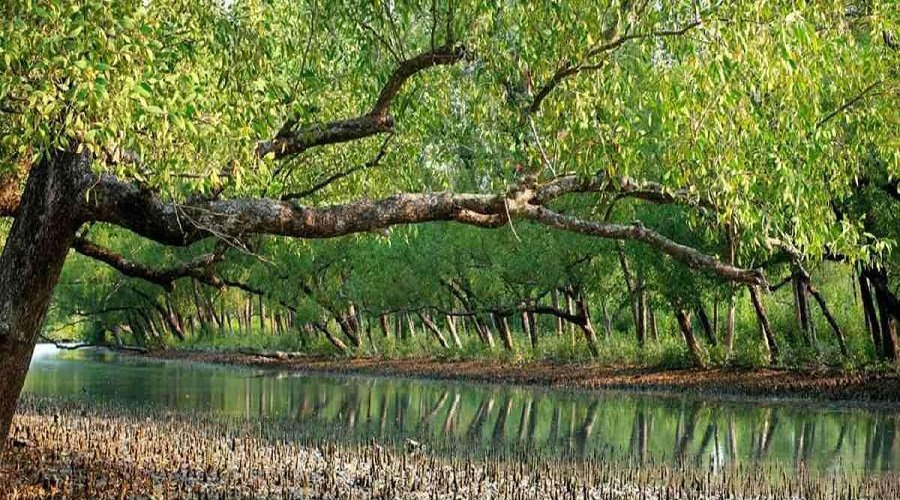UNB: The Cabinet on Monday approved a proposal to extend the ban on cutting trees in the country’s reserved and natural forests until 2030 in a bid to protect the biodiversity.
The approval came at the weekly cabinet meeting chaired by Prime Minister Sheikh Hasina at her office here.
“Trees in the reserved forests can no way be cut until 2030. But trees in social forests can be cut,” Cabinet Secretary Khandker Anwarul Islam said while briefing reporters at the Bangladesh Secretariat.
The Environment, Forest and Climate Change Ministry placed the proposal at the meeting.
As per the previous decision taken by the cabinet in August, 2016, there has been a ban on cutting trees in in the country’s reserved and natural forests till 2022.
The cabinet also approved the draft of the National Adaptation Plan (2023-2030) in order to cope up with the adversities of the climate change.
Besides, the meeting gave the final approval to the draft of the Essential Services Act, 2022 merging the two old laws – the Essential Services (Maintenance) Act, 1952 and the Essential Services (Second) Ordinance, 1958.
“Since the existing laws are old ones. The proposed law was placed (by the Labour and Employment Ministry) aiming to have a modernized and time-befitting law in this regard,” said the Cabinet Secretary.
The cabinet approved the draft of the Balumohal (sand quarry) and Soil Management (Amendment) Act, 2022 to stop the indiscriminate sand-lifting by.
“As per the draft, the Balumohal can’t be leased out for more than one year,” said Islam adding that the maximum punishment for grievous offense is two-year imprisonment, Tk 10 lakh as fine or both under the law.
He said now the deputy commissioners and the Land Ministry will have to take requisition from either the Water Development Board or the Bangladesh Inland Water Transport Authority (BIWTA) for every Balumohal. Then the board or BIWTA will conduct a digital survey to fix where and how much sand can be lifted.

